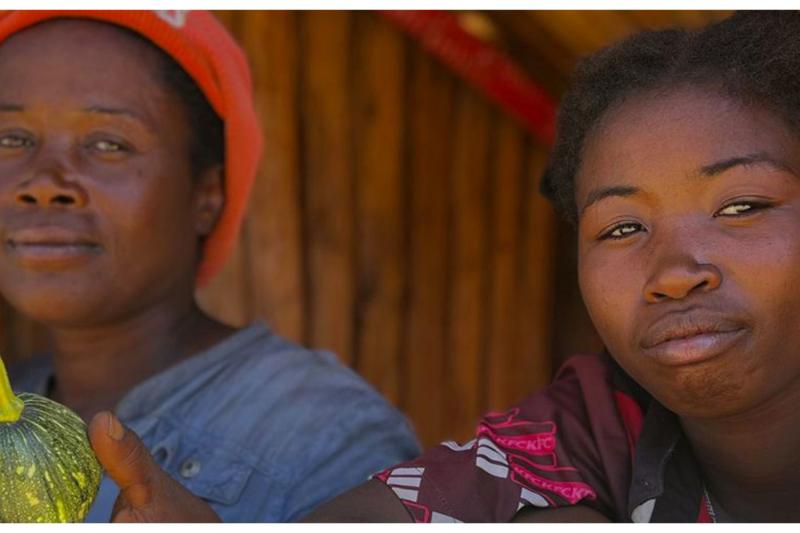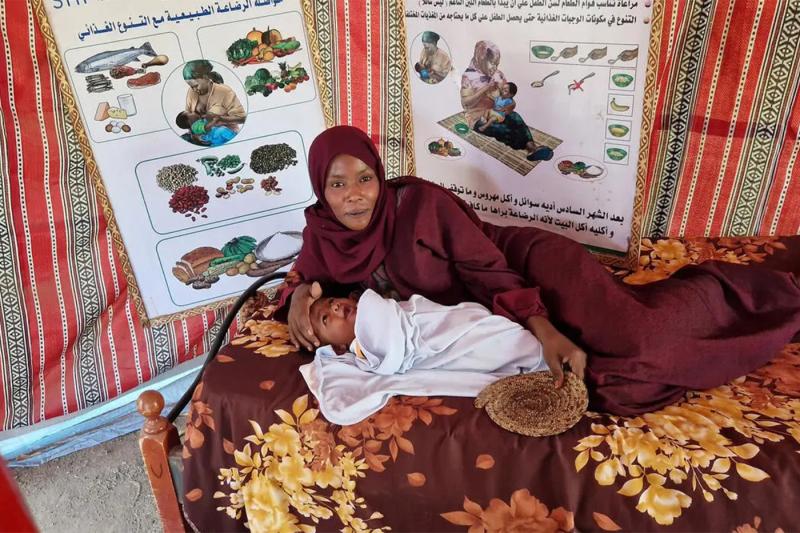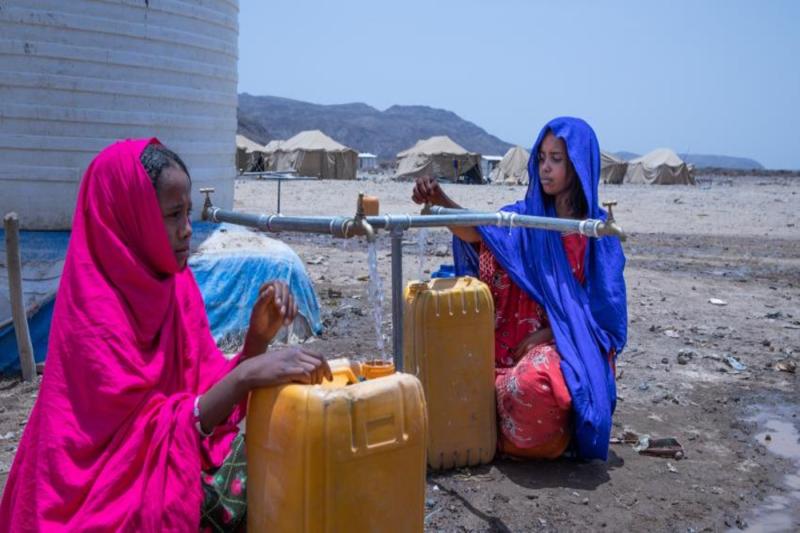
CERF hit record annual pay-out to underfunded crises
UN humanitarian chief Mark Lowcock has released US$100 million from CERF to urgently boost humanitarian response in ten underfunded emergencies in Africa, the Middle East, south-east Asia and the Americas.
The funds will help front-line aid groups deliver life-saving assistance to extremely vulnerable people and support programmes that address needs exacerbated by the COVID-19 pandemic.
Together with $125 million released earlier, the Underfunded Emergencies Window of CERF has now allocated $225 million to support crisis response in 20 countries this year – the highest annual amount in the fund’s history, up from $200 million in 2019, which was itself a record.
The largest single allocation announced is $35 million for Yemen, the world’s worst humanitarian crisis.
Mark Lowcock, Under-Secretary-General for Humanitarian Affairs and Emergency Relief Coordinator, said: “CERF is a life-saving fund and a safety net for the ultra-vulnerable. In the wake of COVID-19, humanitarian needs are rising. Gender-based violence is growing. But funding is not catching up. Millions of people are living on the edge of survival in underfunded emergencies. These funds will help give them a chance. I thank the CERF donors for their generosity and foresight, prepositioning resources for the aid community to respond.”
In addition to Yemen, the new $100 million allocation is being distributed among relief organizations in Afghanistan ($13 million); Nigeria ($13 million); Mozambique ($7 million); Burkina Faso ($6 million); Pakistan ($6 million); Burundi ($5 million); Colombia ($5 million); Haiti ($5 million) and Uganda ($5 million). The allocation places a strong emphasis on mitigating and responding to gender-based violence, an area that remains critically underfunded.
CERF provides time-critical funding to sudden-onset or rapidly deteriorating crises and aims to grow into a $1 billion-a-year emergency relief mechanism. Allocation decisions for underfunded emergencies are based on detailed analysis of more than 70 humanitarian indicators and wide consultations with stakeholders.
Established by the UN General Assembly in 2005 as a global fund for all, by all, CERF enables timely, effective and life-saving humanitarian action by UN agencies and others to kick-start or reinforce emergency response anywhere required.
With generous contributions from 129 Member States and Observers, as well as other donors, the fund has assisted hundreds of millions of people by providing some $6.7 billion to more than 100 countries and territories since its inception. This includes more than $2.2 billion to underfunded crises.


